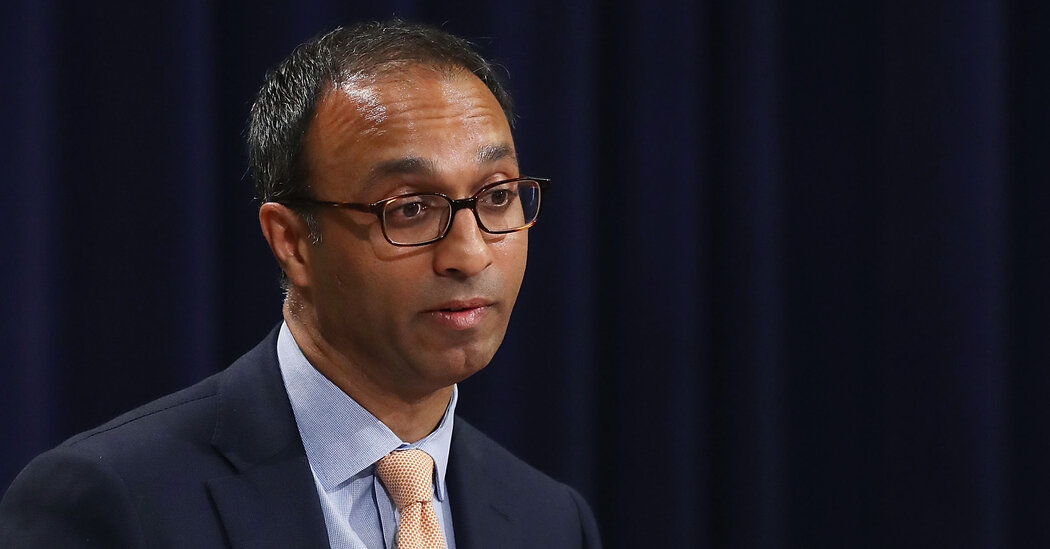After ruling against Google last month, Judge Amit P. Mehta said he would take until next August to determine fixes that the company must make.
A federal judge said on Friday that he planned to deliver a punishment for Google’s internet search monopoly by August 2025, kicking off a new phase in an antitrust case that could reshape the tech giant and change competition on the internet.
At a hearing to establish a timeline for determining remedies in the case, Judge Amit P. Mehta of the U.S. District Court of the District of Columbia asked the Justice Department and states to submit a proposal by the end of the year. After that, the judge will hold a new trial to hear evidence on how to proceed, which is expected to take place in March or April.
Judge Mehta also signaled that he would take into account the swiftly changing technology landscape, including potential new competition from artificially intelligent chatbots from companies like OpenAI and Microsoft.
“The world has changed since discovery closed two years ago,” Judge Mehta said, adding that Google and Microsoft have added A.I. into their search and that OpenAI’s chatbot is being used for search.
Last month, Judge Mehta declared Google a monopolist in internet search. He said Google had established and cemented its more than 90 percent share of the search market through exclusive contracts with companies like Apple to feature Google instead of other search engines.
A decision on how to fix Google’s monopoly could help set a precedent for other federal antitrust cases brought against Amazon, Apple and Meta, which owns Facebook and Instagram. Regulators in recent years have sued the companies over allegations that they created monopolies that affect public discourse, commerce and entertainment.
Proposed remedies could include restrictions on deals that feature Google’s search engine on mobile devices or even a breakup of the company. The Department of Justice is weighing asking for a breakup of Google, and separating search from businesses like its Chrome browser and Android operating system.
Judge Mehta’s consideration of remedies will include a period of investigation into penalties and hearings.
Google’s billions of dollars of business deals to make its search engine the default on Apple’s Safari browser and other software and mobile devices factored heavily into Judge Mehta’s previous ruling. That hurt rivals including Microsoft’s Bing.
A Justice Department lawyer, David Dahlquist, said at the hearing on Friday that the world had changed since it closed the process of gathering evidence for the trial two years ago. The government wants to call several third parties as witnesses as it comes up with a proposal for remedies.
“The trial was, of course, focused on the past, what Google has done for the past decade to monopolize those markets,” Mr. Dahlquist said. Now evidence needs to be collected “on the future,” he added. “How do we open up those markets?”
Google’s lead lawyer said he planned to call witnesses from OpenAI and Microsoft.
